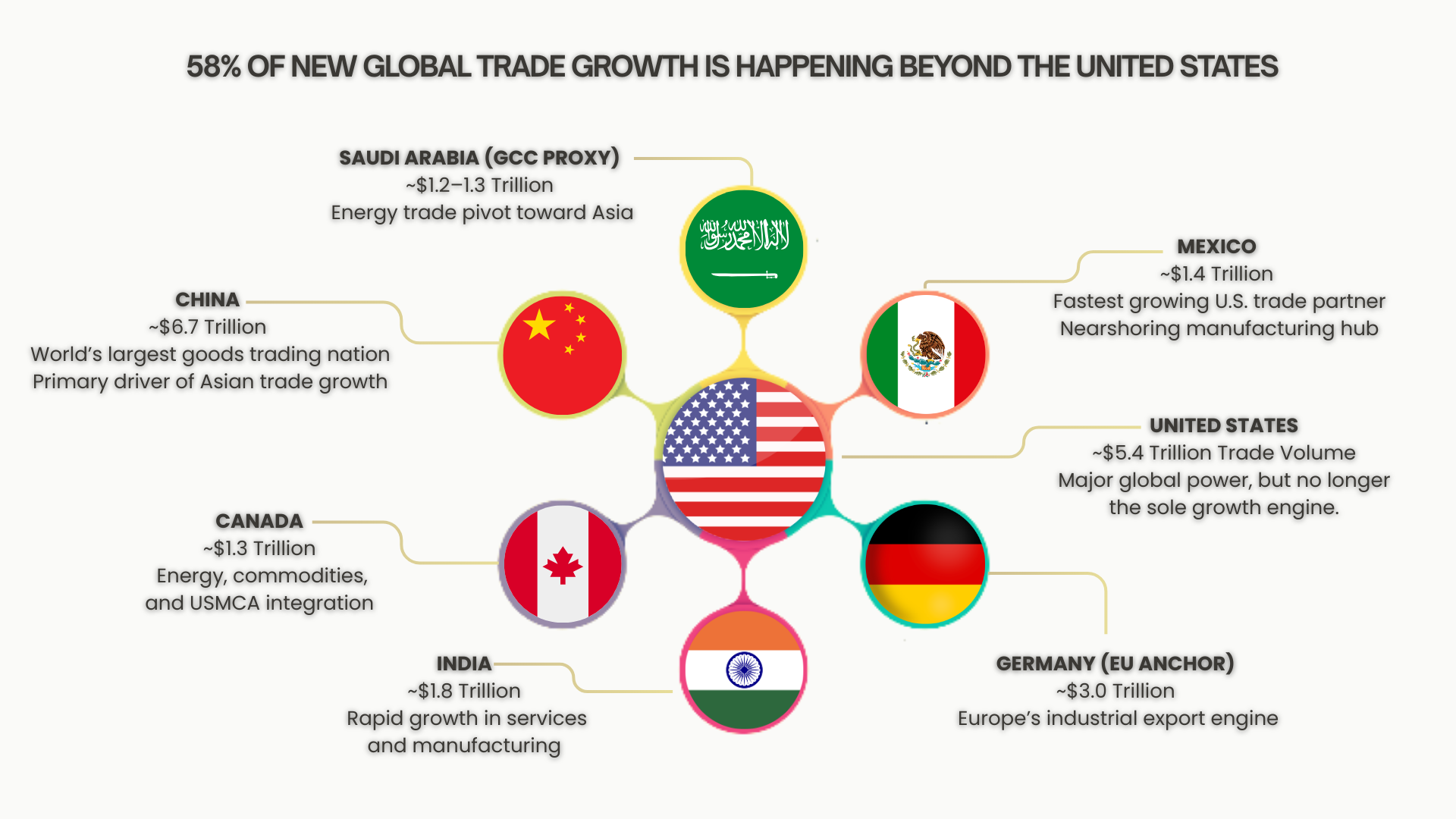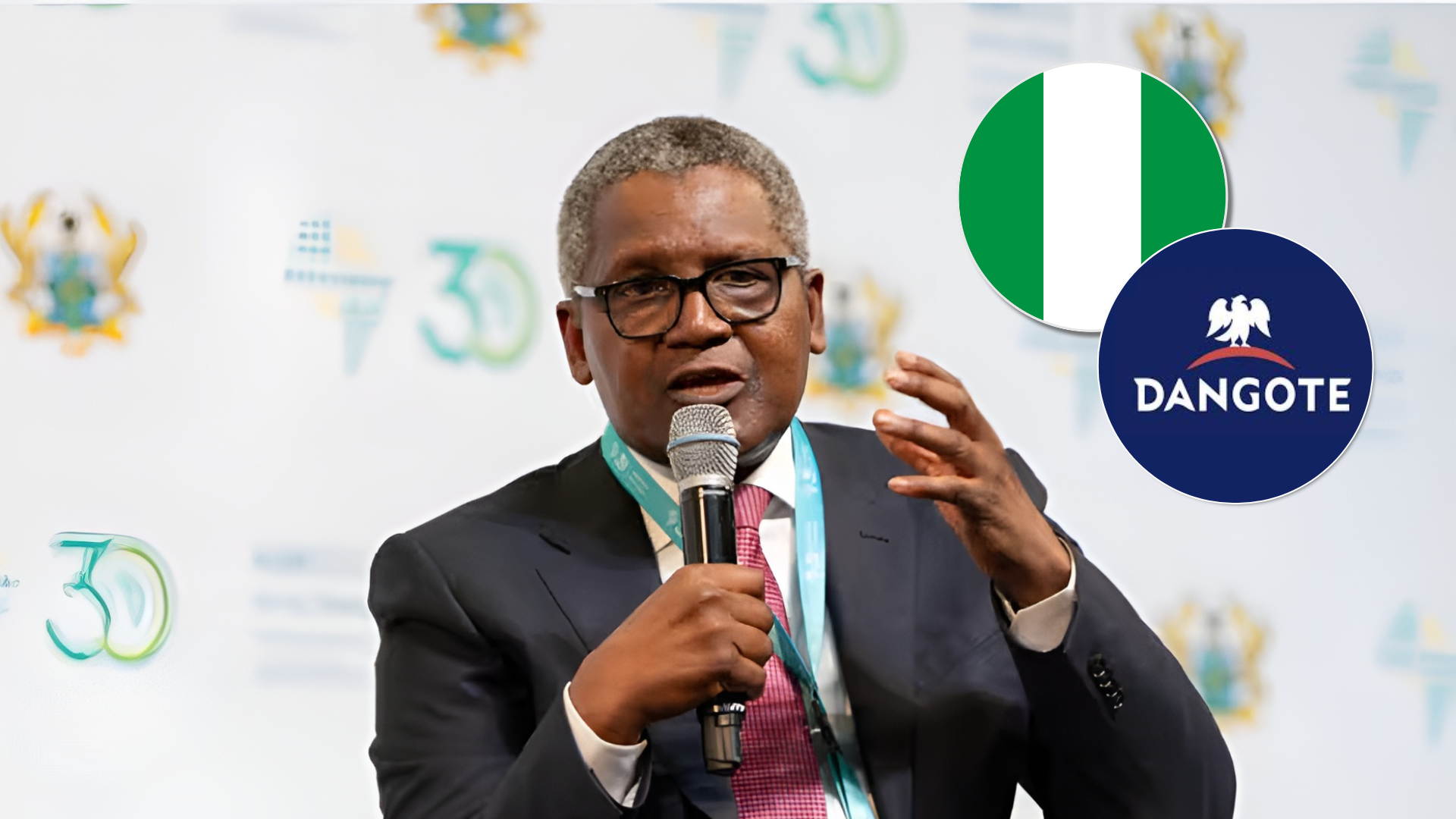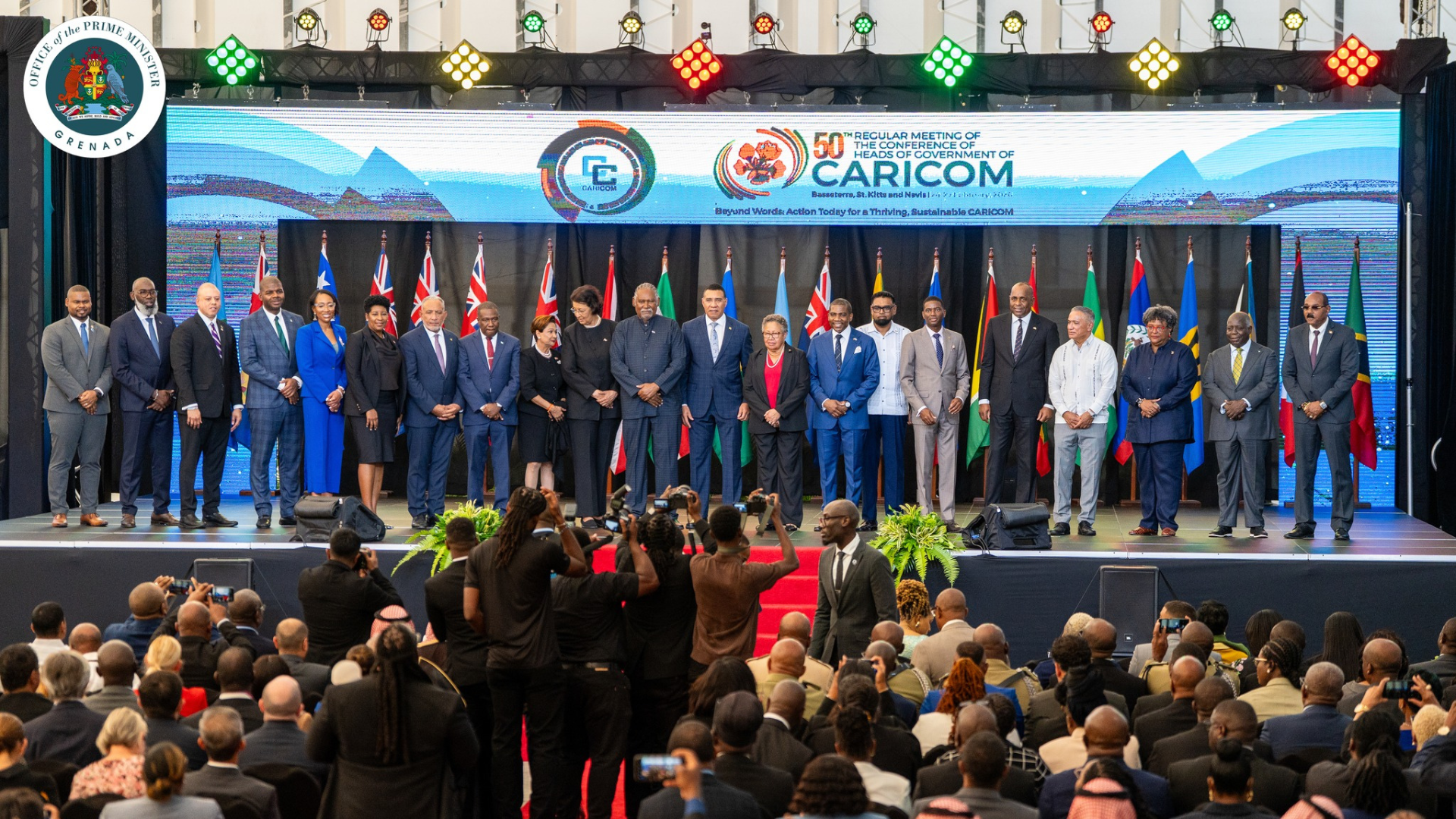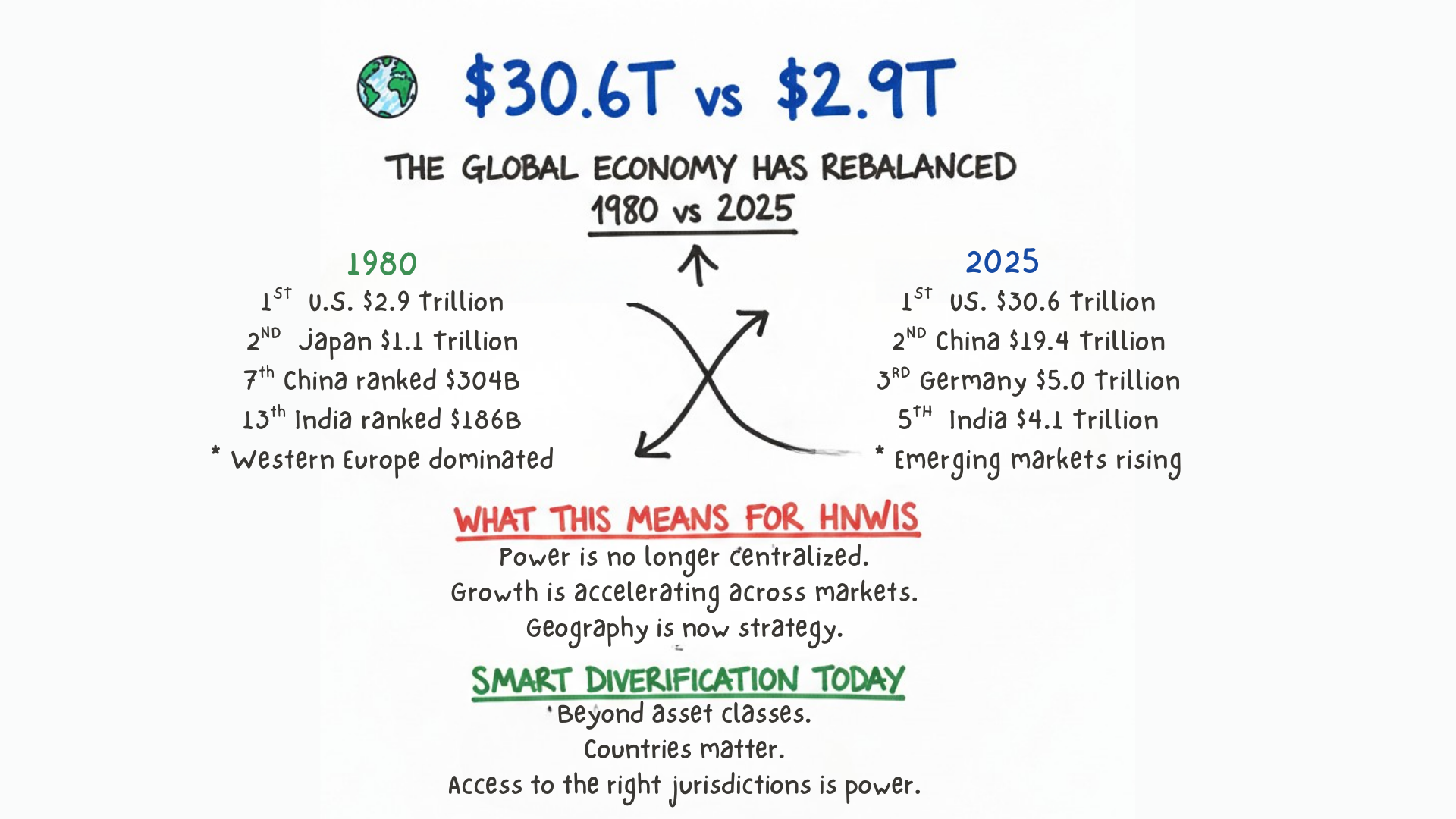$100K H‑1B Fee: Reshapes Mobility of Global Skilled Workers
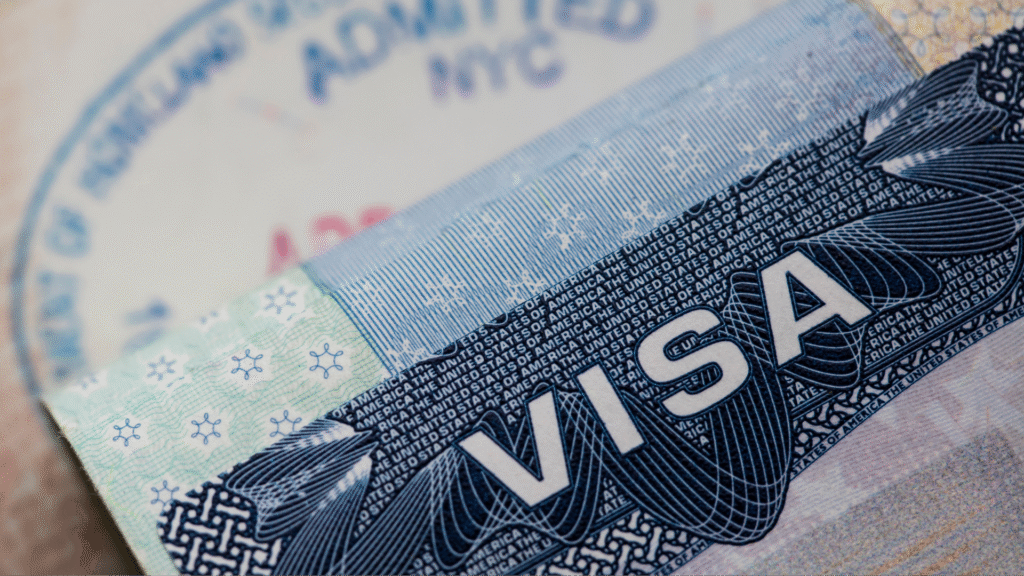
In a major move that is already shaking up the global talent landscape, the U.S. government has introduced a dramatic fee increase for new H‑1B visa applications. As of late 2025, companies seeking to sponsor foreign skilled workers under the H‑1B program must now pay approximately $100,000 per new application, a significant jump from the previous costs that typically ranged between $5,000 and $10,000 per applicant.
This sudden change has wide-ranging consequences for employers, foreign workers, investors, and anyone engaged in cross-border business operations. In this post, we explore why the fee hike matters, who is affected, and what alternative strategies global investors and businesses should consider now.
The H‑1B visa is a U.S. non-immigrant visa that allows companies to employ foreign workers in specialty occupations, primarily in fields such as technology, finance, engineering, and medicine. Each year, tens of thousands of international professionals, many from countries like India, China, and Canada, move to the U.S. under this program.
For employers, especially in the tech and consulting sectors, H‑1B visas have been essential to fill high-skill roles that local talent pools can’t always meet. For global talent, this visa has long served as a gateway to professional growth, better pay, and in many cases, eventual U.S. permanent residency.
The biggest development is the introduction of a $100,000 application fee for all new H‑1B petitions. According to government statements:
- The fee does not apply to renewals or extensions of existing H‑1B visas.
- The policy is aimed at reducing demand and encouraging companies to prioritize hiring within the U.S.
- There is currently no cap on the number of applications per employer, but the fee creates a significant financial deterrent.
This is the largest single fee increase in the history of the H‑1B program.
The U.S. administration behind the fee hike has framed the move as part of a broader strategy to:
- A UK visa is now required for all visits, regardless of purpose.
- Travelers must apply in advance through standard UK visa channels.
- Visa processing takes about three weeks in most cases.
Critics argue, however, that this approach may do more harm than good, especially in knowledge-based industries where global talent is not just preferred, it’s essential.
Immediate Reactions from the Business Community
Unsurprisingly, the fee hike has drawn sharp criticism from leading employers and industry associations. The U.S. Chamber of Commerce has already filed a lawsuit, arguing that the administration overstepped its authority by imposing such a high fee without congressional approval.
Meanwhile, some major U.S. tech firms have pledged to continue sponsoring H‑1B applicants despite the added cost, emphasizing the critical importance of maintaining access to global talent. One prominent CEO was quoted telling staff: “Talent is our most valuable asset and we will invest in it.”
However, smaller companies, startups, and nonprofits may not have the same financial flexibility, and many are rethinking whether U.S. hiring is still a viable part of their global strategy.
Impact on Global Talent and Investors
For global professionals seeking U.S. work opportunities, this fee hike creates new barriers. In practice, it may reduce the number of available H‑1B slots, increase competition, and drive companies to hire remotely or offshore.
For investors and globally mobile individuals, this development is yet another reminder that residency and work access in the U.S. is becoming more restrictive and less predictable. Here’s how it affects broader strategies:
- Reduced Mobility to the U.S. for Skilled Workers
Individuals who once viewed the U.S. as the final destination for their career may now consider other markets like Canada, the UK, or the EU, where skilled visa pathways are more affordable and accessible. - Shift Toward Remote Work and Nearshoring
With talent costs rising in the U.S., more firms may leave workers in their home countries and adopt remote models. Others may expand into lower-cost talent hubs (e.g. Mexico, Eastern Europe, Southeast Asia) while keeping operations close to the U.S. market. - Growth in Alternative Residence and Citizenship Programs
As the U.S. closes certain doors, many investors are looking to “Plan B” options like citizenship or residency by investment in countries that offer more predictable pathways for living and working globally.

What Should Global Investors and Businesses Do?
Now is the time to re-evaluate mobility and hiring strategies. Here are practical actions to consider:
- Review visa-dependent hiring models – especially if you rely on H‑1B workers for U.S. operations.
- Explore global employment options – including remote staffing, entity setup in key markets, or employer-of-record solutions.
- Consider strategic diversification – A second passport or alternative residency gives flexibility not only for individuals, but also for global companies with international founders, executives, or families.
- Monitor legal challenges – If lawsuits against the fee hike succeed, the policy may be delayed, reduced, or overturned. Stay informed through immigration counsel or advisory partners.
What Alternatives Are Available for Global Talent?
Given the rising cost of U.S. entry for skilled workers, alternative destinations are gaining attention. Here are a few top choices:
- Canada
- Global Talent Stream allows fast-tracked work permits in tech and STEM fields
- Lower application costs than U.S.
- Permanent residency options available within 12–24 months
- United Kingdom
- Skilled Worker Visa pathway includes health, finance, and tech sectors
- Offers clear routes to settlement and citizenship
- Global Business Mobility program supports founders and senior executives
- Portugal / EU
- Entrepreneur and tech visas available
- Residency leads to citizenship within 5–6 years
- High quality of life and access to the Schengen Zone
These routes may become increasingly attractive as U.S. immigration becomes more expensive and complex.
Contact us if you are interested in Citizenship by Investment
Our expert advisors will have a 1-on-1 consultation to find the best solutions for you and your family and guide you through the procedure.
The Bigger Picture: Global Mobility Is Being Redefined
The H‑1B fee hike is part of a broader global trend: countries are rethinking how they welcome or restrict foreign talent. While some are opening their doors to skilled professionals and investors, others are tightening access through cost, regulation, or political messaging.
For globally mobile individuals and companies, the key takeaway is this: don’t rely on just one jurisdiction. Whether for hiring, residency, or wealth planning, diversification has never been more essential.
Rethinking Global Talent Strategy
The U.S. H‑1B visa fee hike may discourage some employers and professionals, but it also opens the door to new thinking and new destinations. For investors, business leaders, and global citizens, this is a moment to reassess and reposition.
If you or your clients are planning to relocate talent, build international teams, or secure mobility rights for the future, now is the time to explore options beyond the U.S.
Need help navigating global mobility or residency options?
Our team can help you compare top jurisdictions, assess investment-based pathways, and build a strategy that keeps you flexible, mobile, and future-proof.
Share this blog
Frequently Asked Questions
Related Articles
Beijing Is Watching Your Wealth; Turkey Offers a Legal Pathway
In an era of rising financial scrutiny, global investors are taking action. Discover why 89% of Chinese HNWIs are exploring…
African Citizenship by Investment for Strategic Global Investors
African citizenship by investment is gaining attention among global investors seeking diversification, mobility, and access to emerging markets. As African…
58% of New Trade Growth Happens Outside the U.S.
58% of New Trade Growth Happens Outside the U.S., marking a structural shift in global economic power. As trade momentum…
CBI in Times of Uncertainty: When One Passport Is Not
Global uncertainty has changed the rules of wealth preservation. In today’s environment, one passport may not provide sufficient protection. This…
Nigeria Dangote Refinery Investment Opportunity for Strategic Investors
Nigeria’s Dangote Refinery investment opportunity reflects growing capital market maturity and infrastructure scale. For high net worth individuals and global…
13 CARICOM Nations Attract Over 1 Billion Dollars from 5
13 CARICOM nations attract over 1 billion dollars from 5 global powers, reinforcing regional credibility and investment stability. Sovereign commitments…
From Western Dominance to a Multipolar Economy (1980–2025)
From 1980 to 2025, global power shifted from Western dominance to a multipolar economy. Economic influence now spans several regions,…



